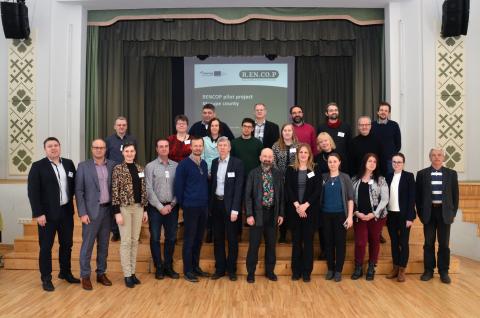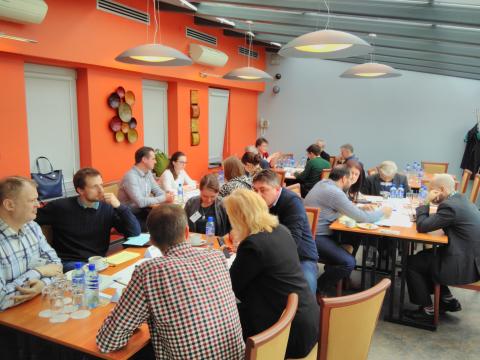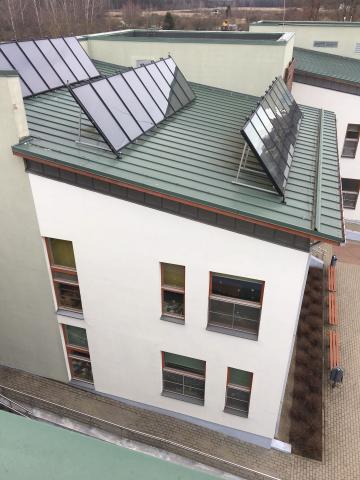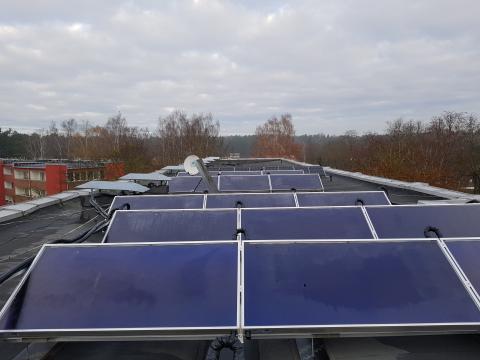
First energy communities in Latvia. small-scale demonstration projects at Marupe municipality.

About this good practice
Although Latvia has a high share of renewable energy in its national energy mix, (renewable) community energy approaches are neither well-known nor popular.
Only in 2021, the Ministry of Economics of Latvia introduced the concept of energy communities into the national legislation. This will be followed by detailed guidelines or regulations, expected to be approved by the Cabinet of Ministers in 2024.
As part of this process and in order to provide guidance and facilitate the introduction of the community energy approach in Latvia, ShareRES partner Riga Planning Region, has initiated and, since 2020, successfully implemented a small-scale community energy demonstration project at Marupe that can be considered one of the very first community energy projects in Latvia.
The project is the result of continuous cooperation between public stakeholders (Ministry of Economics, Riga Planning Region, the municipality of Mārupe), private local energy service companies, and households of the residential buildings. The goal of the pilot project was to demonstrate how the prosumer approach can be applied in practice and how renewable energy communities can operate within the existing underdeveloped regulatory framework.
The demonstration project play a significant social and community-building role and has become a success story in Latvia. Profit, direct economic advantage, or intervention in market processes are of lesser importance.
Expert opinion
Resources needed
-16.000€ for pilot 1, with 4 solar panels (1.3 kW) for electricity for common areas of a three-story residential house (30 households); and solar thermal collectors for hot water pre-heating.
-15.000€ for pilot 2, including 24 solar panels (8kW) for self-consumption in a row house (6 households).
Evidence of success
Both pilots are fully operational. They are a significant example for understanding practical, technical and institutional steps that must be taken to establish energy communities in Latvia. This experience now allows them to demonstrate how the factors that impede the establishment of energy cooperatives in Latvia can be overcome in practice, thus inspiring other actors.
The annual electricity cost savings are of 10% for Pilot 1 and 30% for Pilot 2, with an expected payback period 6-7 years.
Potential for learning or transfer
This example of good practice could be useful for regions and municipalities where, similar to Latvia, the regulation for energy communities is still being developed. Our experience shows that in addition to apprehensive regulatory framework and technical solutions, the ability to properly communicate with the local community is a factor of equal importance, as it helps to introduce the community approach as such, then begin real projects that aim at self-consumption.
In Latvia, the level of co-production of energy is still moderate, which necessitates that residents are involved as much as possible. The key role of public authorities is to guide them until they are able to implement real projects.
The overall goal of activities at Mārupe was to demonstrate that citizen-driven initiatives can be based on cooperation between authorities and communities or individuals. The pilot projects prove that the approach used can become a model for similar initiatives elsewhere





